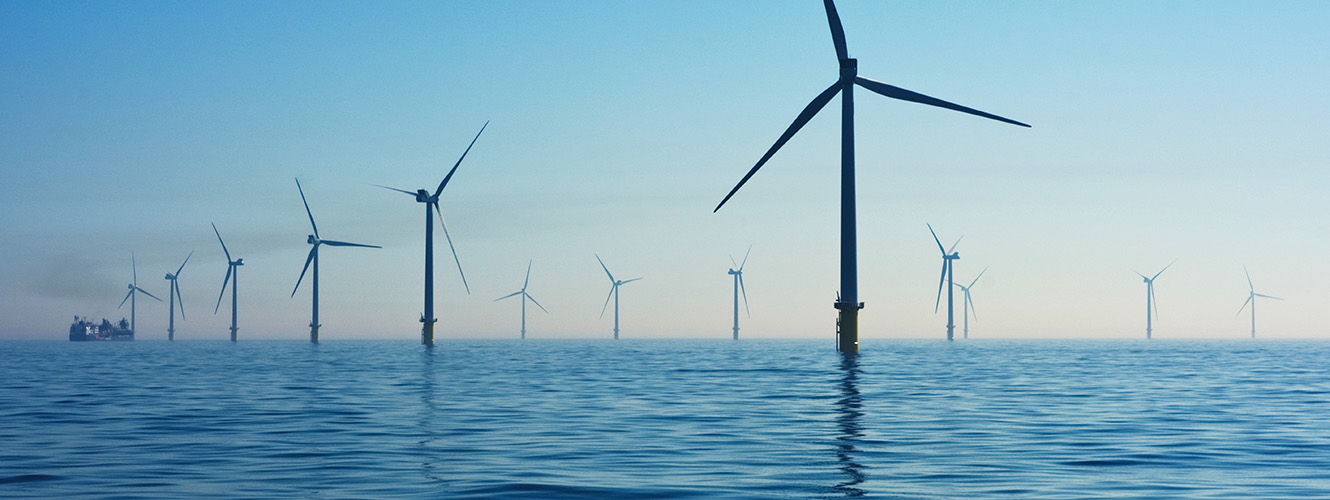
If you are involved in marine development, then now may be the time to consider the ever-closer changes to marine development policy.
It is generally true that marine environmental policy lags behind the terrestrial policy. This reflects our more limited understanding of the marine environment. However, since the Environment Act 2021, the Government’s 25-year Environment Plan for England has been slow in making its way to the sea.
The latest DEFRA consultation in 2022 has given a clearer indication of the direction of these changes. The direction is similar to that of the current Biodiversity Net Gain policy (BNG); an area in which Fisher German has been leading the way in providing expert advice and brokering deals for both landowners and developers.
The proposed Marine Net Gain (MNG) policy will be based on the same principles as BNG, to restore and create marine habitats. The activities affected are not yet settled, but the likelihood is that everything considered ‘development’, subject to minimum thresholds, will be included.
Initially, the proposal is for the introduction of a levy, payable to the Marine Recovery Fund. The fund would then be spent on mitigation projects within Marine Protected Areas. This approach has been favoured largely due to the ease of implementation. However, DEFRA is encouraging private scheme participation and foresees the creation of private markets, as with BNG.
The greater connectivity of the marine environment means that offsetting the negative impacts of a development on alternative sites may be viewed more favourably, as alluded to in the recent consultation. This creates the ideal conditions for a credit-based market like that seen using the Biodiversity Metric on land-based developments.
The measurement and reporting standards for the proposed MNG policy are to be based on those developed for BNG. There will be some key differences, which reflect the unique challenges of the marine environment. The habitat distinctiveness, condition, and other species present will be the key determinatives of the scoring. There is also a proposal for a broader ‘environmental net gain’ approach to be incorporated into the new metric. It is likely to be favoured as this enables a wider range of factors to be considered. This ‘ecosystems approach’ could create further novel opportunities but will remain tied to the principle of biodiversity gain.
We have seen that those willing to engage early have benefited from opportunities to realise and maximise the natural capital of their assets. We anticipate the same will be true in this new marketplace. If you would like to understand more about the potential opportunities for you and your business or want more detail on our expectations for the policy, then please do get in touch.





